
Travis Credit Union may be associated with deceptive credit union overdraft fees that take advantage of consumers.
Travis Credit Union’s website says it was established in 1951 by California military and civilian workers. Like other credit unions, Travis Credit Union is an “economic democracy” – meaning that members have ownership of the financial institution.
“Each credit union member has equal ownership and one vote — regardless of how much money the member has on deposit,” the credit union’s website states. “At a credit union, every customer is both a member and an owner.”
Like many credit unions and banks, Travis Credit Union offers an overdraft protection program. These programs offer consumers protection from having their transactions denied due to a lack of funds. Instead of denying transactions, a financial institution can cover the purchase in exchange for a fee. Fees are usually between $20 and $35. Travis Credit Union charges $29 for credit union overdraft fees.
Overdraft protection protects an account from going into the negative by transferring money from a savings or line of credit account. Although this protection can be a benefit to consumers, these fees can add up quickly.
Some consumers have reported that their banks or credit unions are engaging in deceptive practices in order to maximize overdraft charges.
Surprise Overdraft Fees?
Several financial institutions have been accused of reordering transactions in order to charge overdraft fees. These banks allegedly fail to process pending transactions in the order that they were made and instead process transactions from high to low dollar amounts. This allegedly results in more overdraft fees than would typically be charged. Banks may also charge this fee based on the available balance versus the actual balance.
There are other reasons why consumers may encounter surprise overdraft fees. Forbes explains that online banking may be the cause of additional problems with overdraft fees.
Reportedly, online bank information may not always be accurate. In some cases, there may be a lag between when a transaction is processed and when it appears online. Many consumers rely primarily on online banking to learn about their finances, so not being able to trust the information online may cause customers to overdraft their accounts.
In some cases, consumers may check their balance before making a purchase, to ensure they have enough money in their account to cover the transaction. If a consumer believes they have more money in their account than they actually do, they may end up accidentally over-drafting their account.
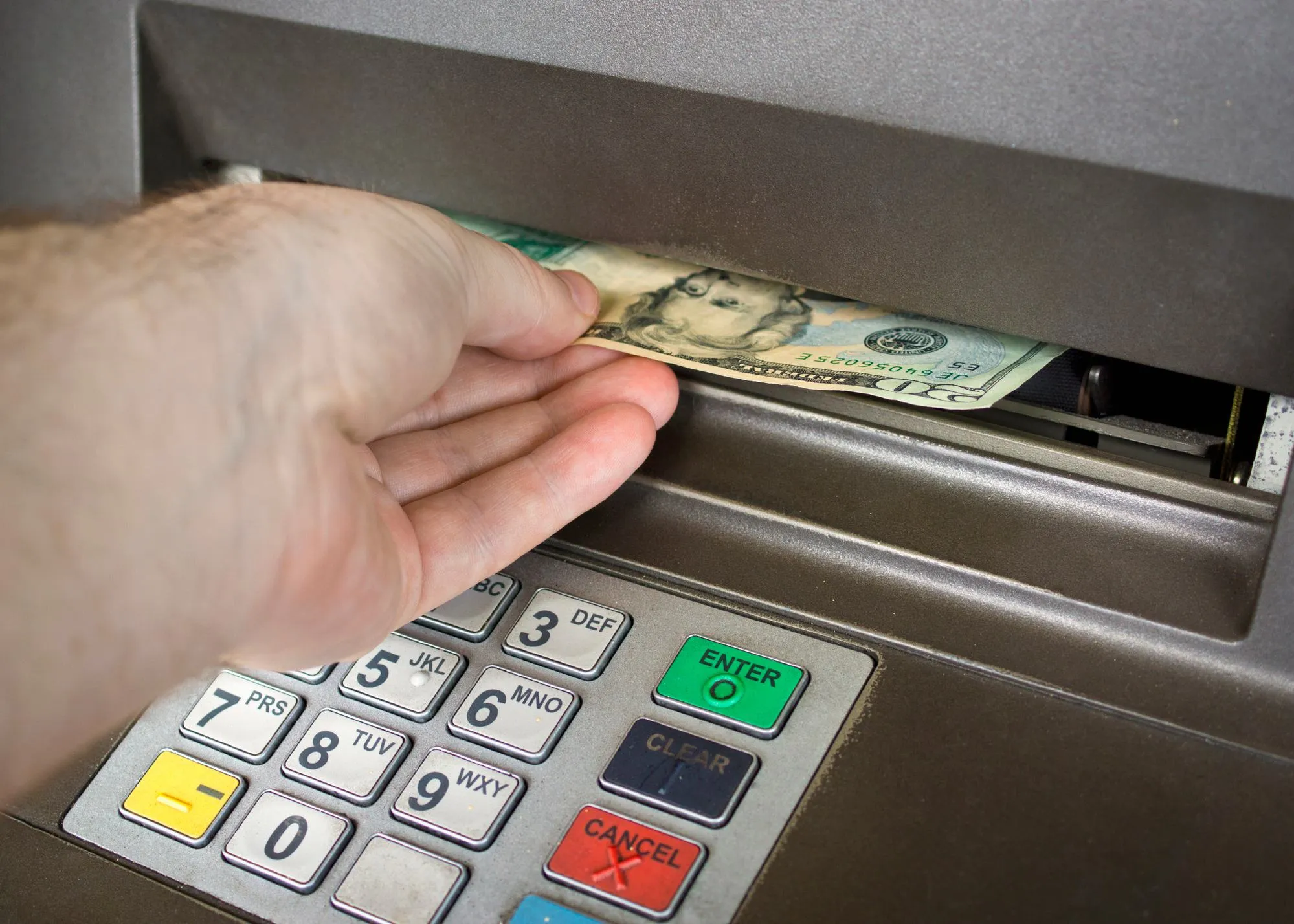 The problems plaguing online banking are industry-wide, says Forbes. There has been an increased demand for online banking services, but the technology hasn’t quite caught up with the demand. The fact that online banking may be linked to overdrafts may be frustrating to consumers who select their banking institution based on convenience services like the availability of online banking, or financial benefits such as low or infrequent overdraft fees.
The problems plaguing online banking are industry-wide, says Forbes. There has been an increased demand for online banking services, but the technology hasn’t quite caught up with the demand. The fact that online banking may be linked to overdrafts may be frustrating to consumers who select their banking institution based on convenience services like the availability of online banking, or financial benefits such as low or infrequent overdraft fees.
Though online banking technology is improving, that doesn’t mean that overdraft fees are going away. Forbes also notes that banks made a whopping $32.5 billion in a recent year from overdraft fees alone, so the incentive for banks to find ways to charge the fees is strong.
Other institutions have been accused of charging large overdraft fees multiple times on the same transaction. Some banks and credit unions try to process transactions multiple times. Unless a consumer deposits money into their account, they may be charged an overdraft fee each time the transaction is attempted. This can result in hundreds of dollars in overdraft fees.
Due to the extreme cost to consumers from overdraft fees, some newer banks have begun doing away with the fees. As an example, mobile banking app Varo rolled out a new service that will help consumers avoid overdraft fees.
Varo offers the service to customers who make at least five debit card purchases in a single month and direct deposit at least $1,000 per month. These qualifying users will be able to overdraft their accounts up to $50 without any fees or interest per month, according to Varo’s new service.
“The vast majority of overdraft fee revenue came from customers who can least afford it,” Varo Money CEO Colin Walsh said in a statement. “We understand that having a safety net to pay bills and stretching a paycheck is important.”
How Can Consumers Avoid Overdraft Fees?
As online banking may show incorrect balance amounts, customers of banks and credit unions may want to take matters into their own hands when it comes to avoid overdraft fees. There are several ways that consumers may be able to do so. One way is opting out of overdraft protection.
With overdraft protection, banks and credit unions are agreeing to cover the cost of a purchase when a customer’s account doesn’t have enough money in their account to cover the transaction. The financial institution essentially loans the customer the money to cover the payment, and assesses an overdraft fee.
If customers opt out of overdraft protection, their purchase will be denied and they may still be assessed a non-sufficient funds (NSF) fee. However, depending on the bank or credit union, this fee may be lower than an overdraft fee.
Another way for consumers of Travis Credit Union or another bank to avoid overdraft fees, suggests Nerd Wallet, may be to keep their own recordsof their transactions. By keeping a budget of all incoming and outgoing payments separate from the record kept by the bank, customers may be able to tell when their online banking statement shows an incorrect account balance.
Another option is to link accounts together. If a checking account is tied to a savings account, the bank may be able to transfer money from the savings account to cover purchases that exceed the amount of money in the checking account. In some cases, customers may also be able to set up low balance alerts, so that their bank or credit union will send an email or text when their balance gets below a certain threshold.
Unfortunately, most consumers are still left to deal with persistent overdraft charges which help banks rake in millions of dollars of profit. Due to the harm caused, attorneys are investigating several bank and credit union overdraft fees, such as Travis Credit Union, to see if institutions are utilizing deceptive practices.
If you were charged overdraft fees or NSF fees by your bank or credit union that you believe are improper for any reason, the attorneys who work with Top Class Actions are ready to investigate these fees on your behalf.
Learn more by filling out the form on this page.
This article is not legal advice. It is presented
for informational purposes only.
ATTORNEY ADVERTISING
Top Class Actions is a Proud Member of the American Bar Association
LEGAL INFORMATION IS NOT LEGAL ADVICE
Top Class Actions Legal Statement
©2008 – 2026 Top Class Actions® LLC
Various Trademarks held by their respective owners
This website is not intended for viewing or usage by European Union citizens.
Get Help – It’s Free
Join a Free Bank Overdraft Fee Class Action Lawsuit Investigation
If your bank and credit union has engaged in deceptive overdraft fee practices, you may have a legal claim. Fill out the form on this page now to find out if you qualify!
An attorney will contact you if you qualify to discuss the details of your potential case.
PLEASE NOTE: If you want to participate in this investigation, it is imperative that you reply to the law firm if they call or email you. Failing to do so may result in you not getting signed up as a client or getting you dropped as a client.
In order to properly investigate overdraft fee claims, you may be required to disclose bank statements to overdraft fee attorneys. Please note that any such information will be kept private and confidential.




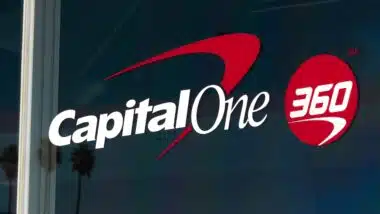
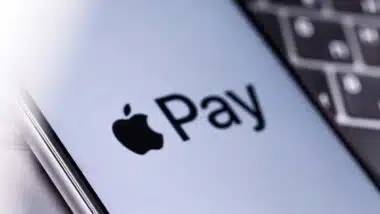
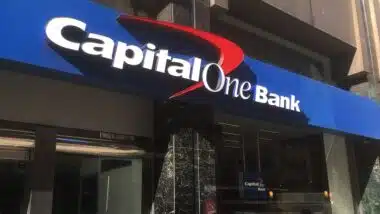

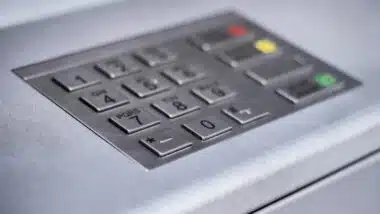
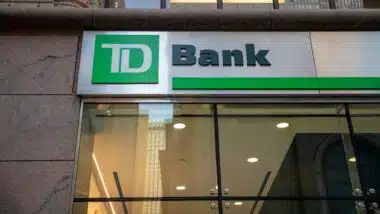
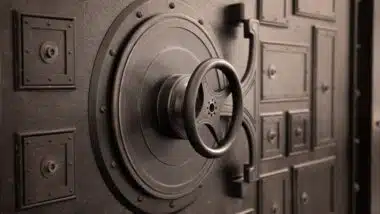

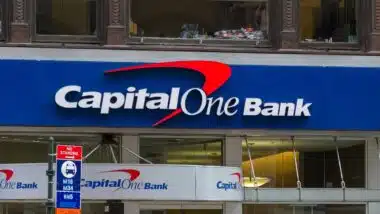
Please add me, Travis don’t even give you time to put money in to cover the overdraft you look at your account. One day is in a positive. The next day is negative with the 29 dollar charge already. At least with my other credit union they give us time to go put the money in to cover it.